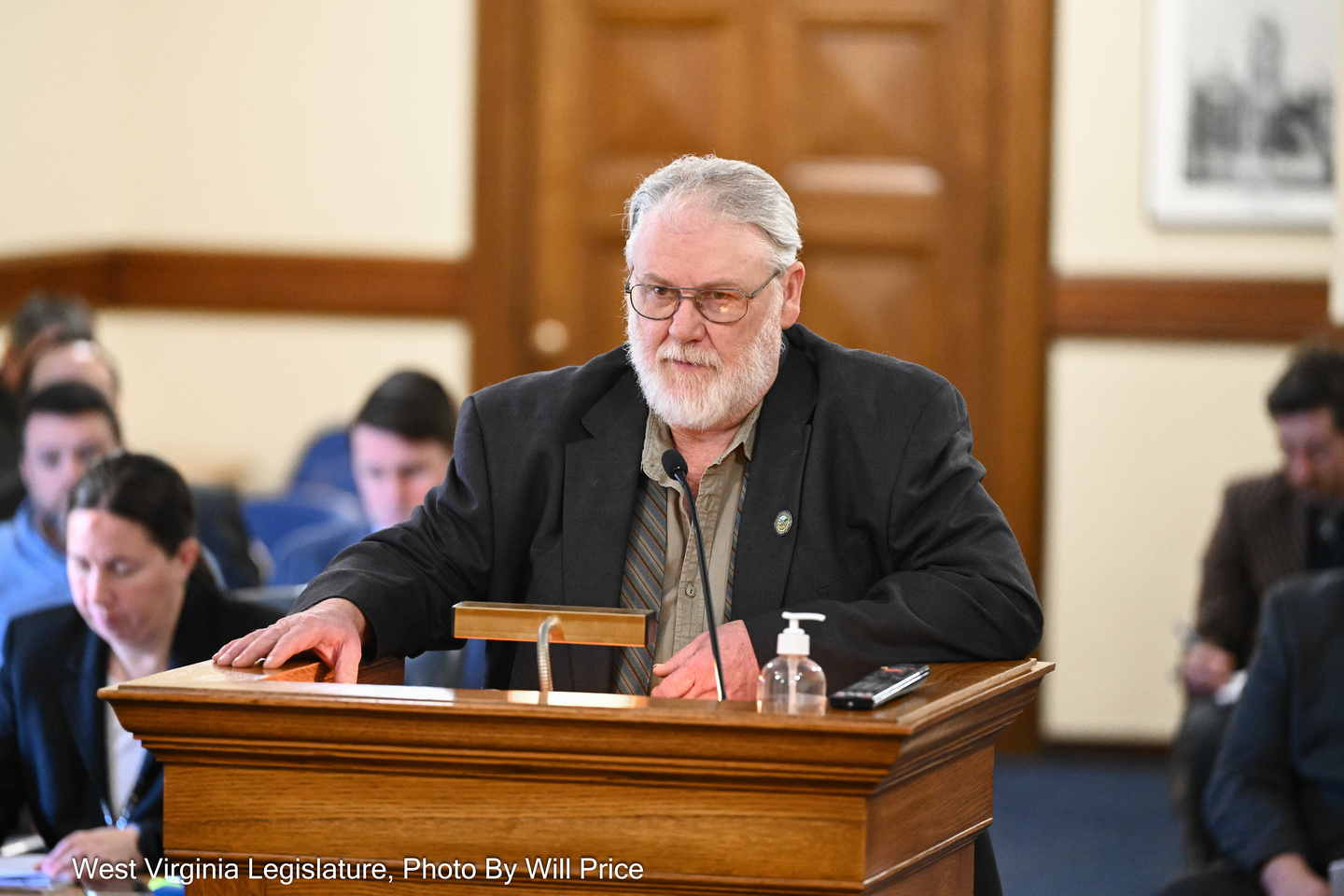The three appointed secretaries of the new bureaus of the DHHR provided lawmakers with updates on restructuring within the department. Legislation passed in 2023 required the department to be reorganized and split into three agencies after concerns of inefficiencies in the system.
Members of the Legislative Oversight Commission on Health and Human Resources Accountability voiced concerns about the restructuring of the Department of Health and Human Resources on Tuesday.
The three appointed secretaries of the new bureaus of the DHHR provided lawmakers with updates on restructuring the department. Legislation passed in 2023 required the department to be split and reorganized after concerns of inefficiencies in the massive agency.
The new secretaries are Dr. Sherri Young, incoming secretary of the Department of Health, Dr. Cynthia Persily, incoming secretary of the Department of Human Services and Michael Caruso, incoming secretary of the Department of Health Facilities.
Young said and her fellow secretaries are identifying critical vacancies in their departments and consolidating some empty positions.
“We have met with our respective new departments, within our bureaus and offices so that we can better understand what needs they have as far as critical vacancies and what positions need to be filled, and how we could be more administratively responsible with the positions that haven’t been filled for quite some time,” she said.
Young also reported a decrease in vacancies in the Bureau for Social Services, the Bureau for Child Support Enforcement, the Bureau for Medical Services and the Bureau for Behavioral Health.
However, the Department of Health Facilities, the Bureau for Public Health and the Bureau for Family Assistance increased in vacancies.
Caruso explained the problem in his presentation.
“Basically, we don’t pay our people enough on an hourly rate,” Caruso said. “All right, and neither does the rest of the systems. The fact is that most of our employees have just jumped to the contracted services.”
Caruso also reported that he brought in Baker Tilly US, LLP, an advisory, tax and assurance firm, to do a benchmark study on all facilities and perform a complete financial review.
“Those studies were completed last week, those studies will be integrated, and we will educate our leadership team as well as our CEOs over the next week and a half,” Caruso said.
Health Management Information Systems, or HMIS, are software used to manage and analyze healthcare data. Caruso said he is looking to improve the Department of Health Facilities’ HMIS.
“We are looking internally to improve that process and improve that program, as well as potentially looking at other outside vendors to cover our emergency or electronic medical records,” Caruso told lawmakers.
Persily reported a reduced vacancy rate in the Department of Human Services and accredited that to pay raises and access to behavioral health services for Child Protective Services workers.
“So the work that you did in the last session, to increase salaries, to provide regional salary differentials, it’s worked. We have reduced significantly the vacancies in that particular job classification,” Persily said. “I believe that in January last year, when you heard about this, the rate was about 30 percent. And our rate at the end of July was 17 percent.”
Lawmakers questioned the secretaries on their proposed structuring of the departments, voicing concerns about the level of bureaucracy operating in the agency.
Del. Amy Summers, R-Taylor, asked the secretaries to be proactive instead of reactive in their planning.
“My only concern is I don’t want to duplicate what we’ve been doing when we have this great opportunity to create something new,” Summers said.
Persily said she and the other secretaries will have a model in place by January 1, 2024, the deadline for the department to split, but advocated for flexibility.
“We are not going to be wedded to a model if it doesn’t work, and we will constantly be improving that model as we move along. And so any changes would be for efficiency, and for functionality,” Persily said. “But what I will say is that you will, you will see some consistencies across the three departments, you will see that we there are some things that each department needs.”
Appalachia Health News is a project of West Virginia Public Broadcasting with support from Charleston Area Medical Center and Marshall Health.
